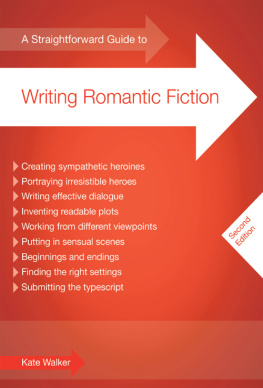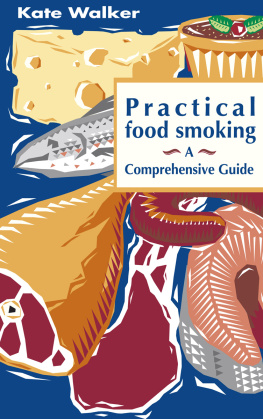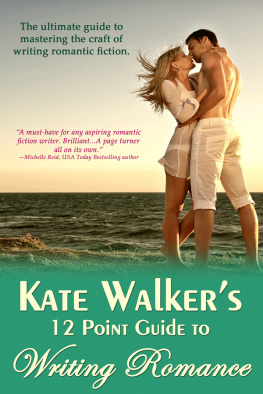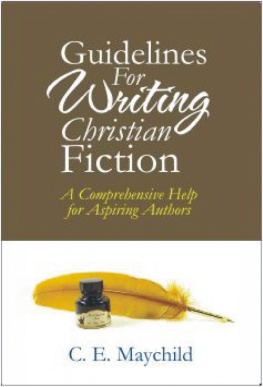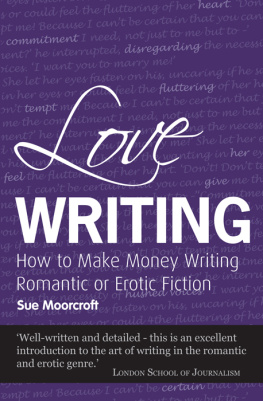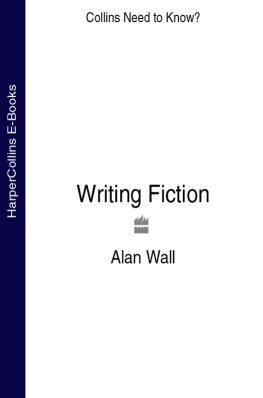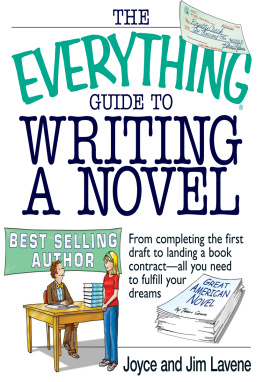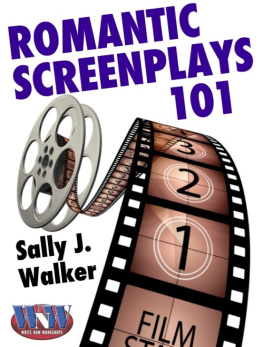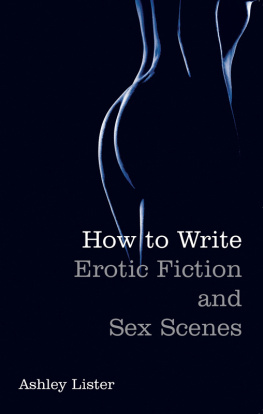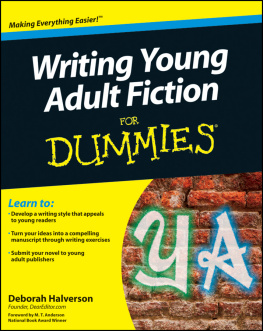A STRAIGHTFORWARD GUIDE TO
WRITING ROMANTIC FICTION
KATE WALKER
Straightforward Publishing
www.Straightforwardco.co.uk
Straightforward Publishing
Brighton BN7 2SH
Kate Walker 2011
All rights reserved. No part of this publication may be reproduced in a retrieval system or transmitted by any means, electronic or mechanical, photocopying or otherwise, without the prior permission of the copyright holder.
British cataloguing in publication data. A catalogue record of this publication is available in the British Library.
ISBN 9781847162557
Printed by GN Digital Books Essex
Cover design by Bookworks Islington
Whilst every effort has been taken to ensure that the information contained within this publication is correct at the time of going to print, neither the author nor publisher can accept responsibility for any errors or omissions contained within.
CONTENTS
A STRAIGHTFORWARD GUIDE TO WRITING ROMANTIC FICTION
This new addition to the Straightforward Guides to writing skills series is intended to provide information and advice for anyone who wants to learn how to write Romantic fiction. It gives a short introduction to all the essential skills needed to succeed, from initial research to the final submission of the typescript.
The book covers the following:
-Creating sympathetic heroines
-Portraying irresistible heroes
-Writing effective dialogue
-Inventing readable plots
-Working from different viewpoints
-Putting in sensual scenes
-Beginnings and endings
-Finding the right setting
-Submitting your typescript
Additional materials include key points at the end of each chapter and a romance writers resource and research checklist. There is also a selected booklist of further reading and details of relevant writers associations.
The author: Kate Walker she has published fifty novels for Harlequin Mills & Boon. She is a member of the Romantic Novelists Association and the Romance Writers Association of America.
BEFORE YOU BEGIN
Why write romance?
Romantic fiction is one of the best selling forms of fiction throughout the world. It is read and enjoyed by millions of women of all ages and from all backgrounds in every country. Around between 40 or 50 per cent of all paperback novels sold in bookshops around the world are romantic fiction, and almost 12 per cent of books borrowed from public libraries are romantic novels.
The authors of such books can become household names like Catherine Cookson and Barbara Taylor Bradford and they have fans who will buy each new book as soon as it appears. In America there are magazines and bookshops devoted specifically to romantic fiction. Unlike other genres whose popularity fluctuates up and down, the popularity of romances stays consistently high.
What is a romance?
A romance is basically a novel about human relationships. It is about people and how they interact together. Usually, this means the relationships between men and women, the traditional love story. Essentially, it tells of the development of a relationship between a hero and heroine. Although there may be other elements, the focus is an intense concern with the focal relationship. This plot can be summarised as Boy meets girl. They fall in love. There are problems that keep them apart. These problems are resolved and there is a happy ending.
These are the bare bones of the romance novel. But not all such novels are exactly alike. Depending on the market it is aimed for, a romance can have elements of fantasy, suspense, history or medicine. So before you start, you need to decide exactly what sort of romance you want to write.
What do romance readers want?
Escapism is the word most often used to describe romantic fiction. But readers dont simply want to be distracted from everyday, humdrum reality; they also want an emotional experience, the more intense the better. They want to feel that dreams can come true, that romantic love does exist. They want to experience, through the heroine, the excitement of being swept off their feet.
But at the same time they dont want the story to be such a fantasy that they cant possibly believe in any of it or have characters who are so fantastic that they are almost laughable. It doesnt have to be set on some exotic island or in an atmosphere of glamour and glitz. Readers want heroines they can identify with and heroes who excite and intrigue them. They want rounded characters who are believable, with understandable flaws and a touch of vulnerability that they can relate to.
Why do you want to write a romance?
Many people believe that writing romantic fiction is the quick route to fame and fortune. They hear stories of novels on the best-seller lists, huge advances, see writers pictures in magazines, and believe that this will happen to them. They are convinced that because the books are easy to read, they are also easy to write and they will soon make a lot of money.
Some romance writers do make it big and earn that fortune, but there are plenty of others who dont. Most make a reasonable living from their writing, after a time. But it takes a while to build up a reputation and gain readers. There is a lot of competition for very few openings with publishers. For example, Harlequin Mills & Boon receive over 5,000 manuscripts a year and they reject around 90% of them.
If your only reasons for writing romantic fiction are the thought of the fame and the money you will earn then it will show in your work and the book will not be the satisfying experience readers expect. But if you love what you do and write for personal fulfilment, because you have a story you just have to tell, you are much more likely to be successful.
Telling a special kind of story
Some writers have tried to produce romances while scorning and laughing at the genre. Some have tried to write to a formula, believing it was simply a question of combining certain elements to produce the right effect. This approach leads to failure. The romance is special because it demands that you immerse yourself in its particular conventions and language. It is a very different, enclosed world and you have to try and live in that world, not just visit it to observe like a tourist.
In romance, everything depends on whether you can get inside your characters skin. You can write an absolutely minimalist plot, but if your hero and heroines thoughts and feelings are central to your writing you can still create a powerful romance. Just being able to tell a story is not enough. You have to be able to show the developing personalities of your central characters, how and why they change, and how they arrive at a point where they are emotionally able to commit themselves to a relationship.
Can you write a romance?
Before you even start to write, you should consider whether romance is really the sort of novel you should be writing. Consider these questions. The answers you give to them should help you decide whether its the form of fiction that will suit you.
1. Are you interested in people and knowing what makes them tick?
2. Do you like to read human interest stories or biographies of famous people in newspapers, magazines and books?
3. Do you notice what people look like, what theyre wearing, their mood, how they walk and talk?
4. Do you people watch when youre in cafs etc, observing passers-by and wondering where theyre going, who they might meet?
5. Do you appreciate the differences between men and women and take an interest in the problems and joys that relationship can bring?
6. Do you prefer films that show a developing relationship between characters rather than a straight action adventure or a comedy?
7. Do you enjoy the soaps and get involved with the characters and their stories?

